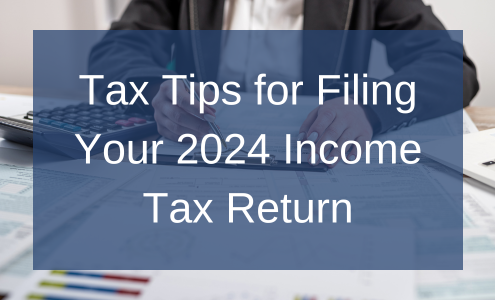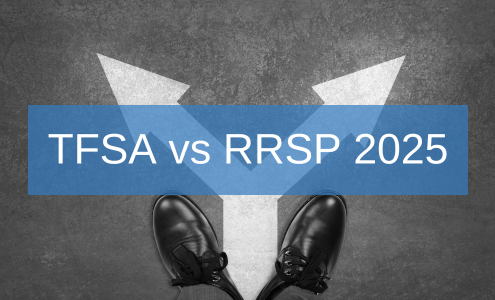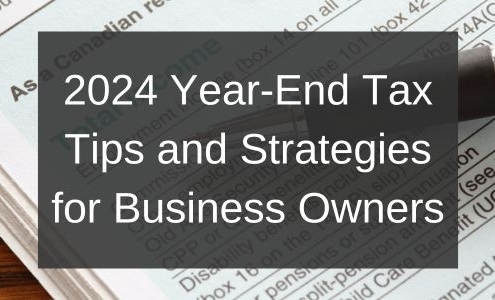RRSP
Great benefits of opening an RRSP
A Registered Retirement Savings Plan (abbreviated to an RRSP) is a savings account which offers you a simple way to put money away for your retirement. A key feature of an RRSP is the fact that it is registered with the federal government. Here, we will explore five notable reasons to save for your retirement in this way.
- Your investment is tax free
This is a great feature of an RRSP. Providing that you keep your investment earnings in the plan, you won’t pay any tax on them. This, of course, means that your savings have the potential to grow at a faster rate.
- Your contributions are tax deductible
You are able to show the contribution that you make towards your RRSP as a deduction on your annual tax return, which can add up to considerable savings for those in the top tax bracket. What’s more, you can carry forward this allowance to future years, if your income in one year is lower than usual.
- You can save even more tax by taking out a spousal RRSP
Another great tax benefit of these plans is the fact that you can combine your tax-free savings within a spousal RRSP and then more equally split your retirement income between you, again leading to potential further tax savings.
- You can transfer your RRSP when you retire
This means that you can easily move the funds invested in your RRSP to an annuity or a RRIF at the time of your retirement to receive regular, staggered payments – though you should note that you will have to pay tax on these payments on a yearly basis.
- You can withdraw from your RRSP under certain conditions
You won’t pay tax on withdrawals from your RRSP in particular circumstances. For instance, you are permitted to withdraw up to $25,000 for a down payment on your first home, or up to $20,000 to pay for education costs (funding rules apply).










